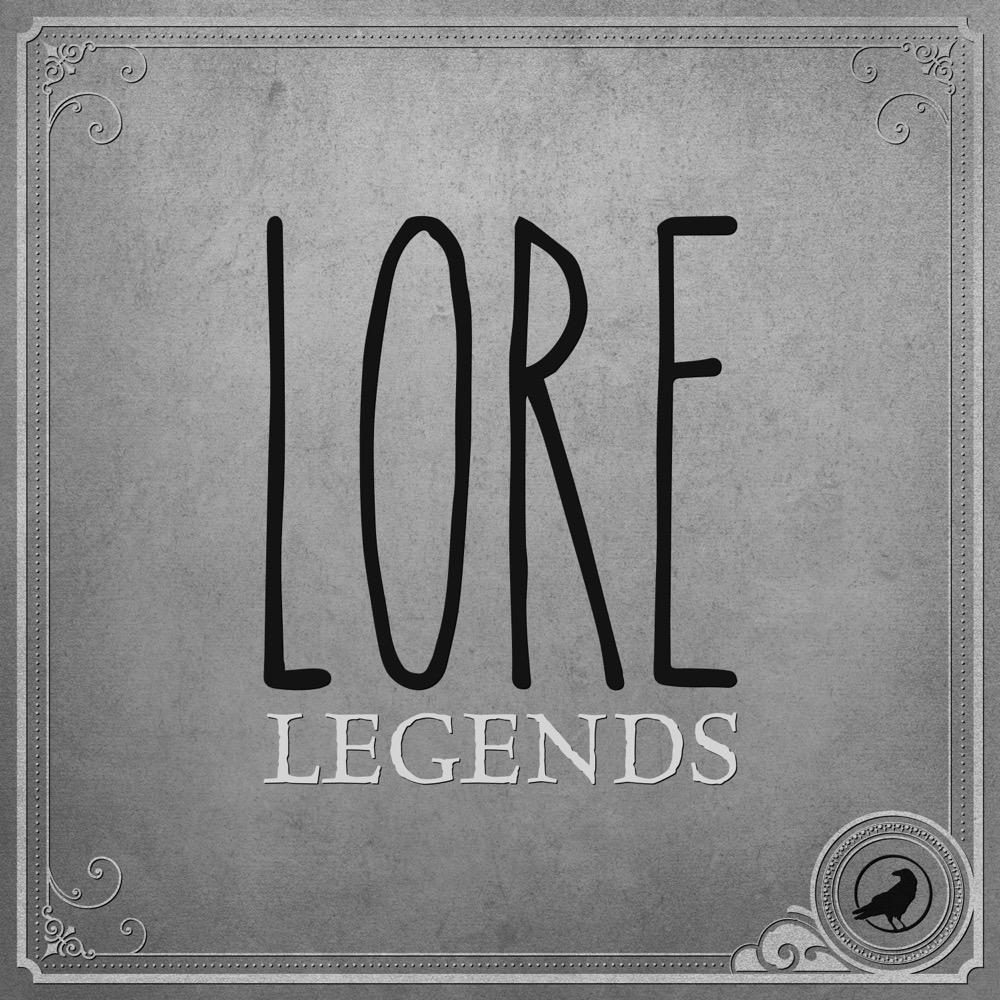Episode 10: Steam & Gas
The well-worn carpets and imperfect walls of an old hotel can often make guests feel as if they are staying in a little slice of the past. In one grand old hotel, however, that truth has never been more true.
————————————————
Lore Resources:
- Episode Music: lorepodcast.com/music
- Episode Sources: lorepodcast.com/sources
- Lore News: www.theworldoflore.com/now
Access premium content!: https://www.lorepodcast.com/support
See omnystudio.com/listener for privacy information.
Press play and read along
Transcript
Transcript is processing—check back soon.
Lore — Episode 10: Steam & Gas





